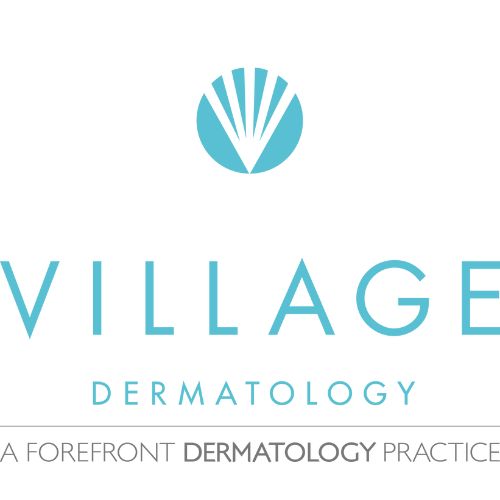Eczema/Atopic D
Eczema, also known as dermatitis, is a common, uncomfortable skin condition that affects patients of all ages, from infants to the elderly, and symptoms can begin at any time. It is characterized by redness, scaliness, and itchiness of the skin, and it may affect any area of the body. Eczema has negative effects on quality of life for patients and family members of affected patients. There are many different subtypes of eczema, including atopic dermatitis, nummular eczema, asteatotic eczema, and irritant dermatitis. Various different factors can exacerbate symptoms, particularly changes in weather/humidity, environmental irritants, and stress.
Eczema Treatment
To care for your eczema, we recommend avoiding hot showers and baths. Bathe in lukewarm water using a fragrance-free gentle cleanser, such as Dove Sensitive Skin bar soap, Cetaphil cleanser, or CeraVe cleanser or cleansing bar. Use fingertips to gently cleanse the skin and avoid washcloths. Immediately after bathing, pat-drying with a towel, liberally apply an emollient such as CeraVe, Epionce, or Vanicream. Emollients may be applied as often as needed to help with dryness or itching. Do not apply rubbing alcohol to the skin. Clothing should be washed with a fragrance-free detergent, such as All Free & Clear or Tide Free & Gentle. Wear soft, smooth clothing, and avoid synthetic fibers and wool, which may irritate skin. Change out of wet or sweaty clothing as soon as possible.
When sensitive skin care is not enough to control symptoms, prescription creams or ointments are often needed. Most commonly, topical steroids are prescribed for eczema, but newer, steroid-free creams and ointments are also sometimes used. It is important to use prescription creams and ointments only as directed by your provider in order to prevent side effects.
Severe Cases of Eczema
More severe cases may need to be managed with in-office light therapy, oral steroids, or other oral or injected medications. We stay abreast of current research and treatments, and we often collaborate with allergy doctors when there is an allergic component.
Eczema Experts in Birmingham
While there is no cure for eczema, we can help minimize and control symptoms. Our ultimate goal is to improve your quality of life, which has often been damaged by this frustrating condition. Our Dermatologists and Dermatology Physician Assistants are highly trained and experienced in diagnosing and treating eczema, and they are ready to help!
Fill out the form below to schedule an appointment or consult with one of our Board Certified Dermatologists.
"*" indicates required fields

